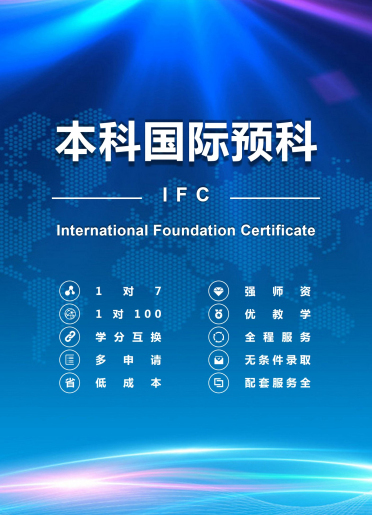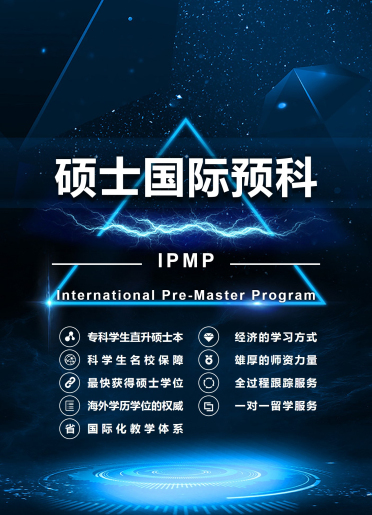![]() 课程研发
课程研发
泰国民办高等教育商会秘书长Manit Boonprasert博士讲稿
2019-07-26
Forum Opening
Opportunities, Challenges, and Win-Win Cooperation
Education Collaboration under “One Belt &Road” and “Thailand 4.0”
SPEECH
Manit Boonprasert, Ed.D
Director APHEIT Office

Excellencies, Distinguished Participants, Dear Colleagues
It is indeed a privilege for the APHEIT to take part in the 2019 China-ASEAN Education Cooperation Week (CAECW) and also it is an honour for me to speak on behalf of the Office of APHEIT at the 12th Forum opening with two most appropriate themes “One Belt and Road” and “Thailand 4.0”.
As it is our first time to participate in this important event, please allow me to give you a brief description of the objectives and the roles of APHEIT in this context. APHEIT was established in 1979, a juristic entity by Thai law. Its objectives are to promote cooperation and collaboration among private higher education institutions and other educational institutions at home and abroad. The institutional purposes broadly speaking are to enhance the quality of educational services, including the offering and seeking of advice from major sectors: government and business and industry with respect to the development of human resources which have the essential skills and attitudes needed for this century. Therefore, we see this event as a great opportunity for our institutional members to make new friends and to establish new and valuable partnerships.
APHEIT is well recognized by the Office of Higher Education Commission (OHEC), Ministry of Higher Education, Science, Research and Innovation, as one of the organizations that plays an important role in Thailand’s private higher education sector.
The APHEIT Office is physically located in the complex where the Office of Higher Education Commission is located in Bangkok. As for the structure of APHEIT, each institutional member nominates 3 representatives to be on the APHEIT member committee which meets every other month to consider issues of common concerns among members, for example, student loans, new regulations that affect institutional management, and matters related to the admission and care of foreign students. The Executive Committee is made up of persons which university presidents elect every two years. The work of the organization is done by appointed committees including the Academic and Quality Assurance Committee.
Presently, there are 64 institutional members, comprising 41 Universities, 17 Colleges, and 6 Institutes, which account for almost 90 percent of the total private HE institutions registered with OHEC.
Let me share with you now the system of private higher education provision in Thailand. All private higher education institutions in Thailand are established and governed under the Private Higher Education Institution Act. This Act has been revised from time to time, starting from 1969 to the current 2007 version. All programmes which institutions seek to offer must be approved by the University Council and conform to the standards and practice stipulated by OHEC. Currently, each institution is required to develop an internal quality assurance system that monitors the quality of their programmes. External partnering with our institutional members should be made aware of the system in practice.
Under “Thailand 4.0” strategic plan, the requirements for manpower are to serve the national directions for economic and social development plan, especially the Eastern Economic Corridor Project. The 2018 plan focuses on the 5 New S Curved Industries, i.e. Digital, Robotics and Automation, Biofuels and Bio Chemicals, Aviation and Logistics, and Medical Hub. This sends a strong signal to universities to review and revise their programmes of studies accordingly to serve future human resource needs.
APHEIT welcomes cooperation and collaboration with other associations, educational institutions, public and private sectors whose mission is also to enhance quality of education in response to the changing demands of their societies. The programmes of study offered by our institutional members cover almost all disciplines classified under ISCED at under-graduate and post-graduate levels. In principle, the strategic focus of private higher education degree programmes is on producing professionals in different fields in response to business and industry’s demands for trained manpower. The proportion of undergraduate to graduate programmes is about 70:30.
Our institutional members have also been developing their own Centres of Excellence. In particular, there are many international programmes that use English as the medium of instruction to which foreign students can apply. Some programmes are bilingual.
In conclusion, we believe there are ample opportunities for cooperation, be it twinning programmes, students and teachers exchange programmes, joint innovative research projects, summer programmes or short courses. During these four days, you will have opportunities to meet the administrators of our institutional members to discuss topics of common interest.
Last but not least, I would like to thank Mr. Wu, President of the Asian International Trade and Investment Association (AITIA), and his team, for this opportunity to address this event, and for its excellent coordination. Also I would like to extend my sincere gratitude to the hosts of this event: Ministry of Education of P.R. China, Ministry of Foreign Affairs, P.R. China, and People’s Government of Guizhou, P.R. China.
I am sure that this Forum will generate many beneficial outcomes including constructive ideas and projects all of which will lead to a Win-Win Cooperation for Sustainability.
Thank you for your attention.
![]() 联系我们
联系我们
 86-010-82102858
86-010-82102858
 中国 • 北京
中国 • 北京
海淀区知春路108号豪景大厦A座19层
微信公众号

官方微博

Copyright © 1998-2019 东西方国际教育 Inc. All Rights Reserved. 京ICP备12047291号










